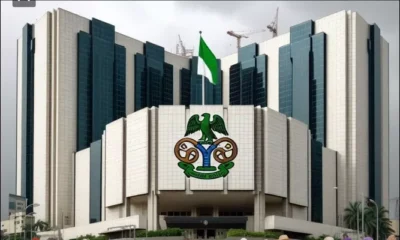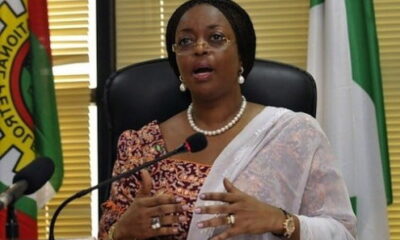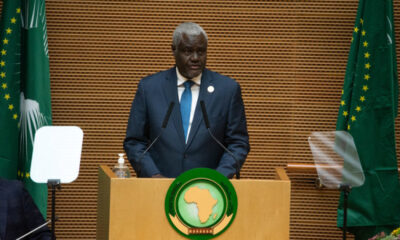Multilateral body, the International Monetary Fund (IMF) has predicted that Nigeria’s growing inflation rate will affect its economic growth, limiting it to 2.9 per cent in 2023.
The country’s economic growth prospects were also lowered by the IMF by 0.3 percentage points to 2.9% for 2023 due to lower oil and gas production.
This information was provided by the global lender in its recently issued World Economic Outlook (for October) titled, “Navigating Global Divergences.” The lender had predicted that Nigeria’s economy would expand by 3.2% in 2023 earlier in July. Then, it forecasted that security concerns in the oil industry would have an impact on the nation’s economy.
The Washington-based lender commented on its updated forecast for the nation, saying, “Growth in Nigeria is predicted to decrease from 3.3% in 2022 to 2.9% in 2023 and 3.1 per cent in 2024, with negative consequences of rising inflation on consumption taking hold.
The IMF highlighted that due to worsening weather shocks, the global slowdown, and internal supply constraints, growth in the sub-Saharan African region was predicted to fall to 3.3% in 2023. Although this growth would accelerate up to 4.0% in 2024, it would still be below the region’s historical average of 4.8%, according to the report.
Overall, global economic growth is projected to slow from 3.5 per cent in 2022 to 3.0 per cent in 2023 and 2.9 per cent in 2024, well below the historical (2000–19) average of 3.8 per cent, the IMF declared.
It added, “Advanced economies are expected to slow from 2.6 per cent in 2022 to 1.5 per cent in 2023 and 1.4 per cent in 2024 as policy tightening starts to bite. Emerging market and developing economies are projected to have a modest decline in growth from 4.1 per cent in 2022 to 4.0 per cent in both 2023 and 2024.”
Daniel Leigh, the head of the World Economic Studies division in the IMF’s Research Department, also claimed during the ongoing IMF/World Bank annual meeting in Marrakech, just 45 miles (72 km) from the site of the 6.8-magnitude earthquake, that the recent government-led demonetisation move, high inflation, and other factors were to blame for Nigeria’s negative assessment.
Leigh, who heads the department that produces the World Economic Outlook, said, “There is a downward revision for this year, partially this is due to the demonetisation, high inflation, shocks to agriculture and hydrocarbon output that is coming on top of the external headwinds.
“I will also add that President Tinubu has moved quickly with important reforms including ending the fuel subsidy and unifying the exchange rates. We welcome these initial bold reforms because we see them as paving the way for strong and inclusive growth.”



































